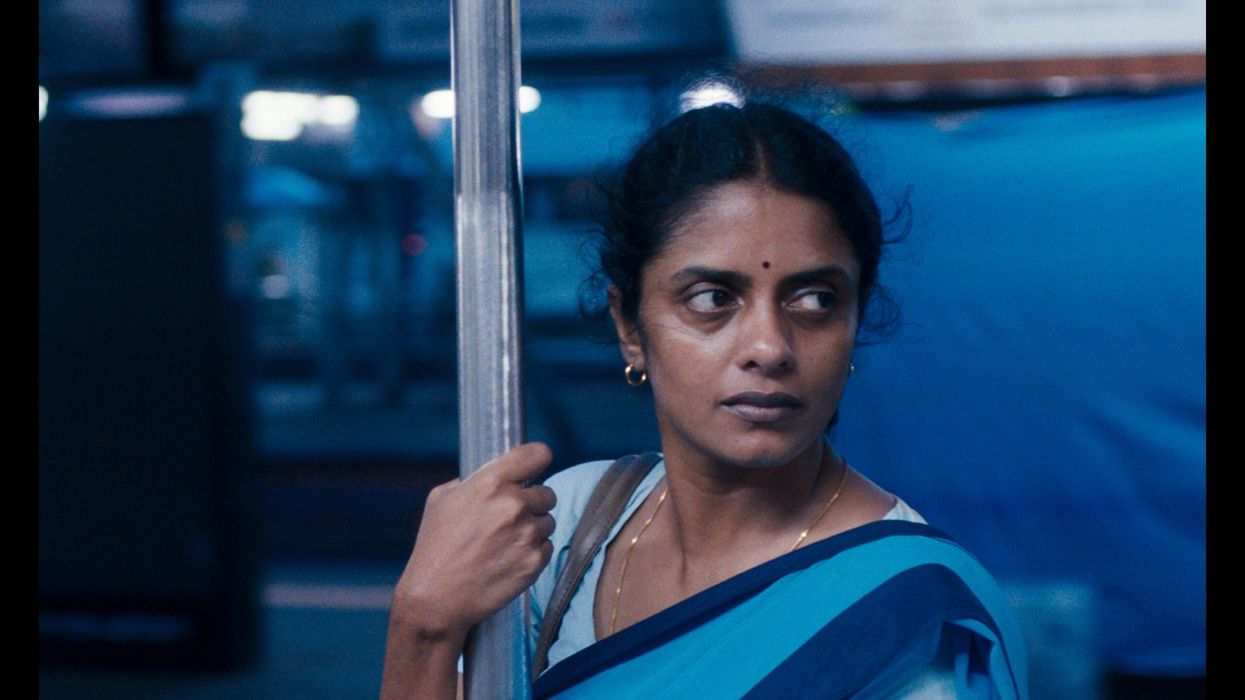WHEN All We Imagine As Light was screened at the Cannes Film Festival earlier this year, it was described as a cinematic poem and won the coveted Grand Prix prize.
The Payal Kapadia-directed drama, set in Mumbai, had its UK premiere at the recent BFI London Film Festival and will be released in UK cinemas on November 29. The free-flowing drama revolves around three nurses at different stages of their lives, struggling to survive in an overcrowded city while doing a demanding job. All of them come from smaller rural areas.
Prabha (Kani Kusruti) appears to have been abandoned by her husband, who moved to Germany shortly after their marriage. She lives with the feisty young Anu (Divya Prabha), a Hindu girl secretly involved in a romance with a Muslim man. Meanwhile, elderly widow Parvaty (Chhaya Kadam) faces eviction due to a lack of documentation left by her late husband. A doctor struggling with city life begins to fall for Prabha, who is increasingly torn. The three women eventually take a trip that inadvertently gives them space to breathe.
The nicely shot film, driven by convincing performances from an accomplished cast, blends a range of emotions – loneliness, disillusionment, budding romance, internal struggle, and even unrequited love. The accomplished writer-director weaves these feelings into a believable tale of finding light amid darkness. While the reality-driven film offers many great moments and conveys important messages, some viewers may find its pace slow and feel frustrated by not finding more about the characters. The resolution to some narrative threads is also somewhat lacking.
Is it a masterpiece, as some festival jury members and reviewers have claimed? No. But it is an important piece of artistic filmmaking that will certainly satisfy the cinema purist.




